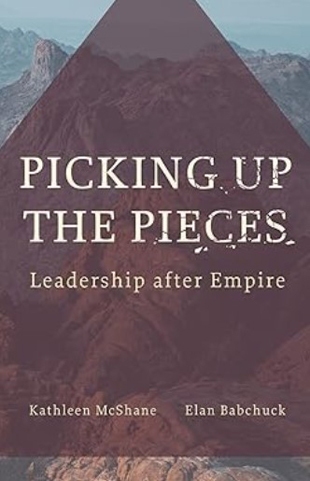This authorship team is comprised of an ordained elder in the United Methodist Church who is cofounder of The Changemaker Initiative, and a rabbi ordained in the Conservative movement who serves as executive vice president at CLAL: The National Jewish Center for Learning and Leadership. Together, McShane and Babchuck want to change how congregations and organizations are led.
They begin with the premise that leaders usually assume they’re in control of what’s actually beyond their reach or influence. “This book is about unlearning the lessons of leadership gleaned from a culture obsessed with control and certitude,” they write.
Theirs is a book for anyone who wants to be a good leader, attentive to the spiritual practices of justice and vision.
The leadership model they introduce is inspired by the biblical Moses and his ways of often stumbling (not planning and organizing) toward wisdom, of involving many people in leadership responsibilities and decision-making (no more “top-down”), and an embracing of human weakness as a way that things, in fact, get done.
Along the way, the authors introduce readers to a variety of best practices from other clergy of what they call “countercultural leadership traits that constitute Mosaic leadership.” (For a neat summary of this, see the excerpt accompanying this review.)
